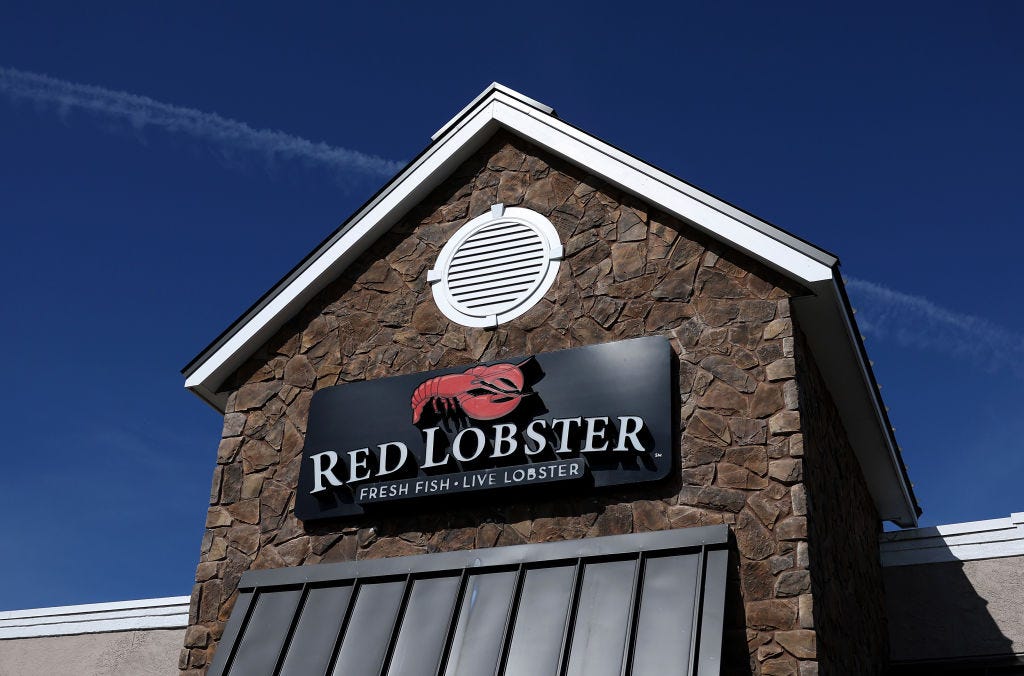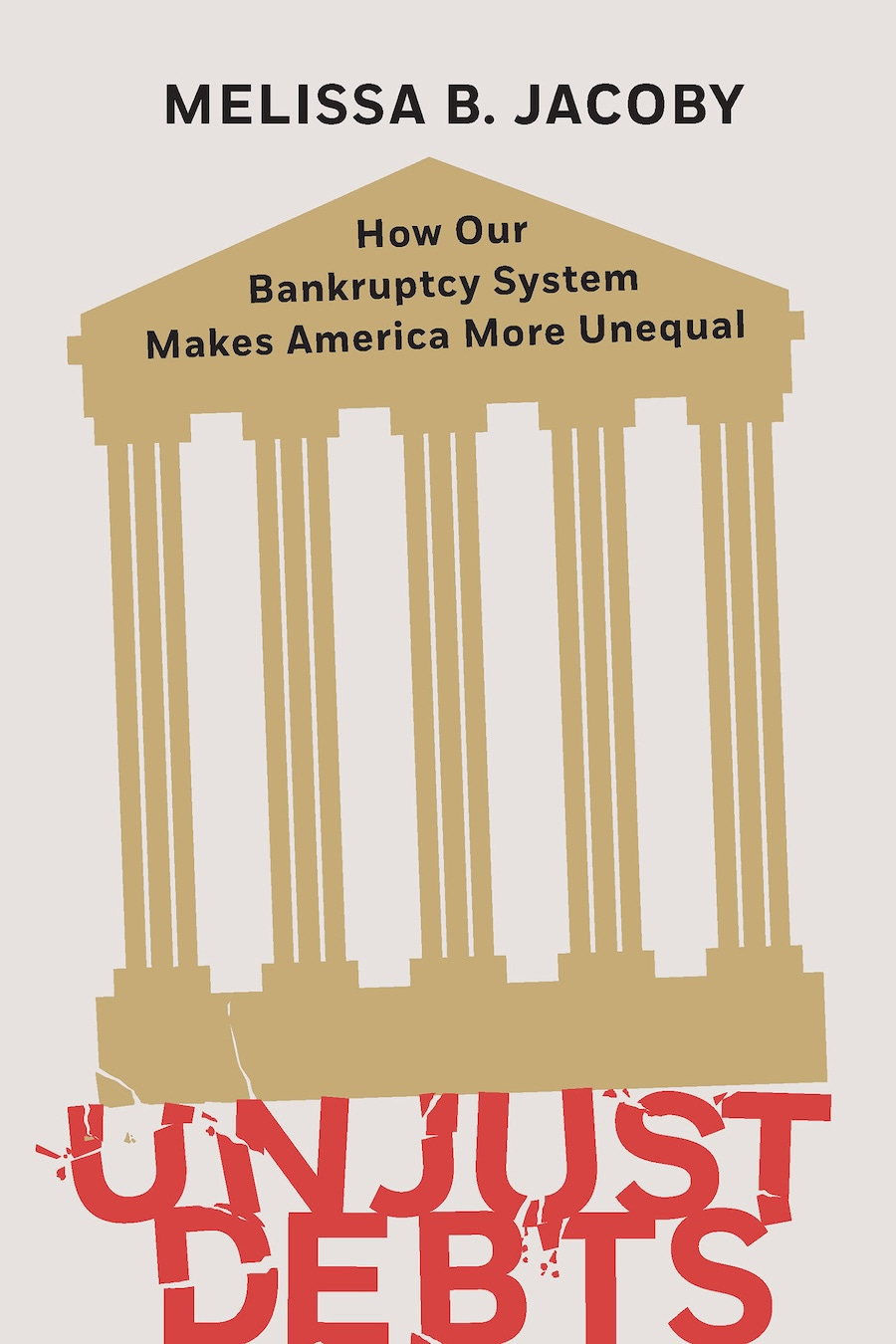How to fix a bankrupt bankruptcy system
Legal scholar Melissa Jacoby on why bankruptcy punishes the poor and enriches corporations and how to make it fair again
Why is it so easy for a student loan or hospital stay to land you in poverty, while your bosses’ bosses can walk away scot-free from a corporate collapse — even if they engineered it in the first place?
That’s the question legal scholar Melissa Jacoby sets out to answer in her new book, Unjust Debts: How Our Bankruptcy System Makes America More Unequal. In a series of stories about Americans negotiating the legal maze of bankruptcy, she shows how a system meant to give people faced with overwhelming financial problems a second chance was transformed into a mechanism for the already rich and powerful to become even more so — driving inequality, racial injustice and so many of the political crises we face today.
Below, we present an excerpt from the book, along with our conversation with Jacoby. We spoke with her about the book and the impact she hopes it will have, what people need to understand about bankruptcy and its impact on their lives, and what she learned about how to work for change from her mentor Elizabeth Warren. If you’ve ever owed money (and pretty much every American has), or wondered about what happened to Red Lobster and why ordering everything on the menu won’t help, you’ll want to read this book.
A request for those who haven’t yet joined us: The interviews and essays that we share here take research and editing and much more. We work hard, and we are eager to bring on more writers, more voices. But we need your help to keep this going. Join us today as a paid subscriber to support the kind of independent media you want to exist.
You point out that the federal bankruptcy code intersects with the lives of more people in the United States than virtually any other area of law. Can you tell us just how prevalent bankruptcy is and how it shapes everyone’s lives, even indirectly?
Readers might be surprised to know that 1 in 10 living Americans has been through bankruptcy at least once. While the vast majority of filings are by humans, the cases that involve businesses declaring bankruptcy — especially big corporations and big organizations — can affect hundreds of thousands, if not millions, of people.
The impact is not just on wallets but on our ability to address all sorts of issues that people care about, from racial inequality to climate change to the opioid crisis to child sex abuse. Bankruptcy intersects with everything. It's a stealth policymaker in these areas since we address so many issues through lawsuits.






